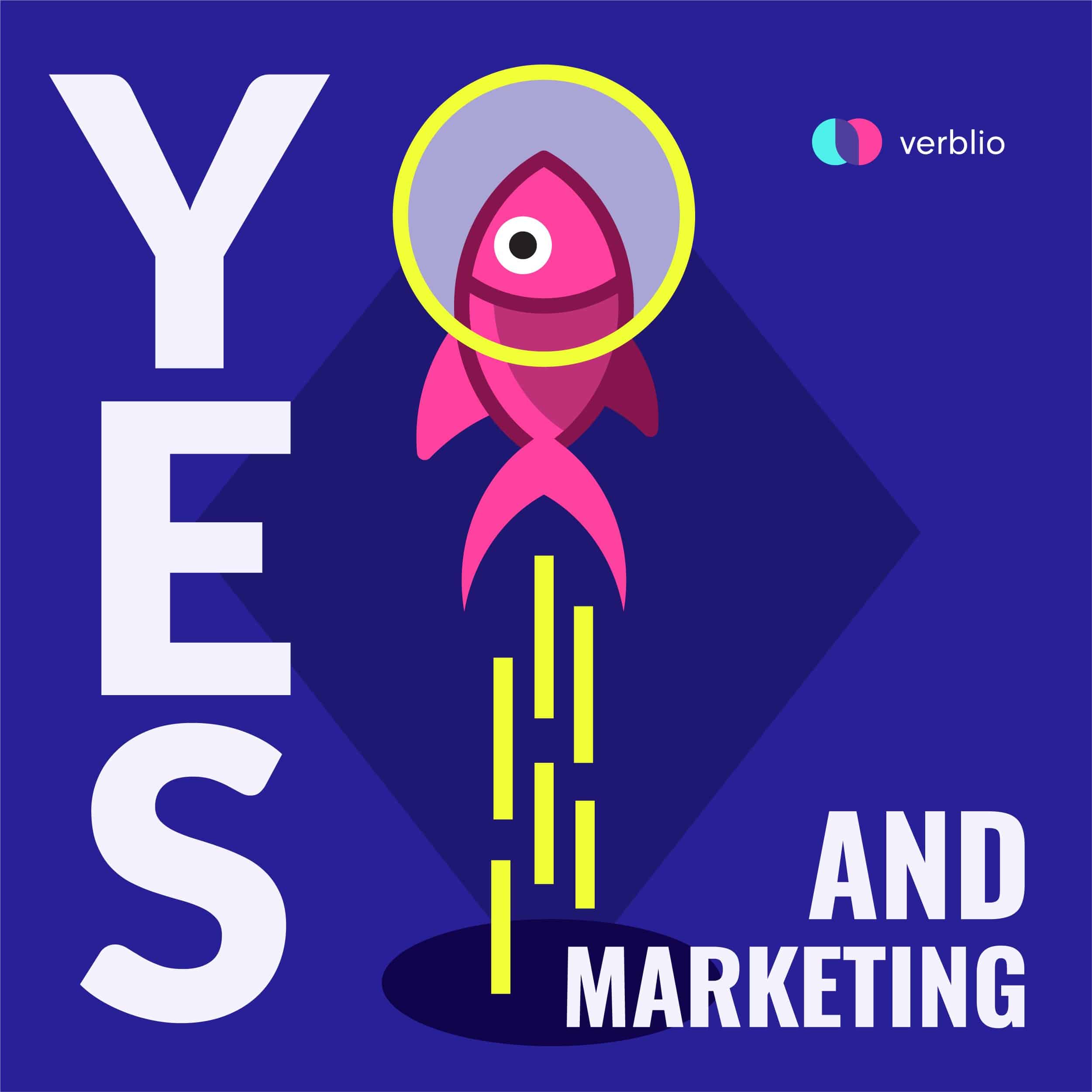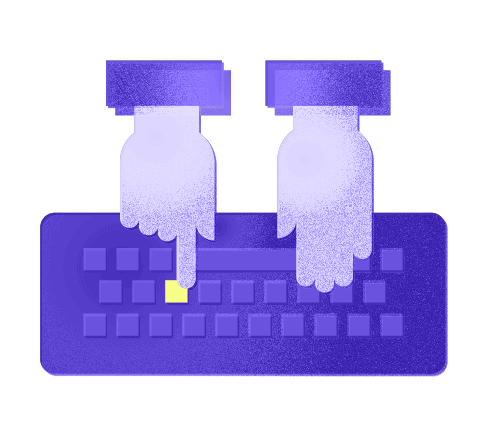
Verblio’s 2023
Digital Content Report
Introduction
We surveyed over 100 content marketers—at agencies, freelance, and in-house—to get a pulse on the state of digital content.
The results reflect what we all know: the market is in flux. AI is everywhere. Content marketing is getting harder.
Read on to reveal the processes, challenges, and secrets to successful digital content in 2023.
The state of the state

Digital content in 2023
According to survey data, 18 percent of marketers say their job has been smooth sailing over the last year. We’re thrilled for the people in that group. If that is absolutely not you, though, know you’re not alone.
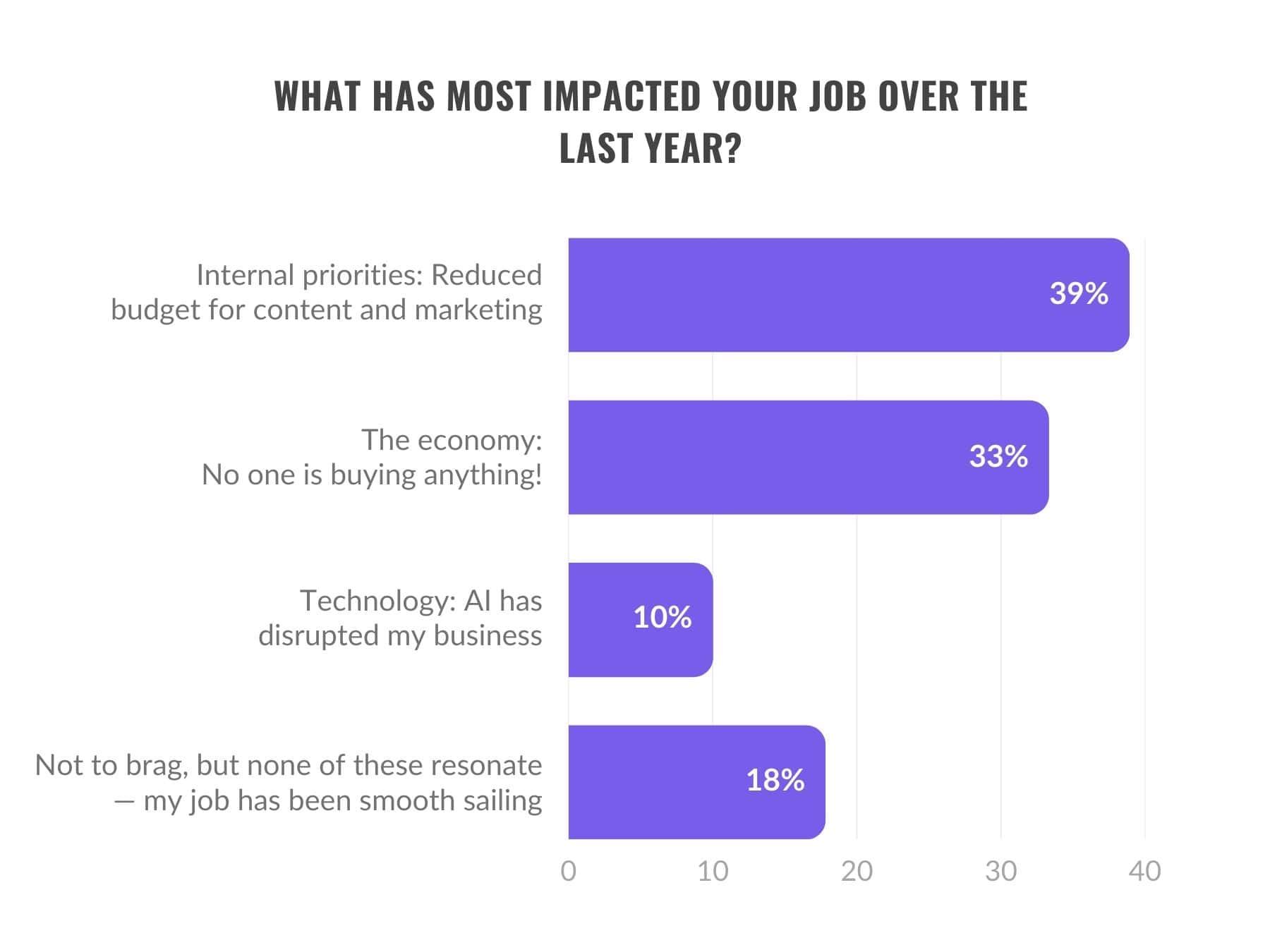
Between economic factors impacting businesses as a whole, and content teams in particular working with reduced budgets,
Over 70 percent of marketers have been impacted by financial shifts over the last year.
Add in the AI bomb that’s blown up everything in content since the release of ChatGPT last November, and marketers see the current state of affairs as signs of a lasting shift in the industry, not just a blip on the radar:
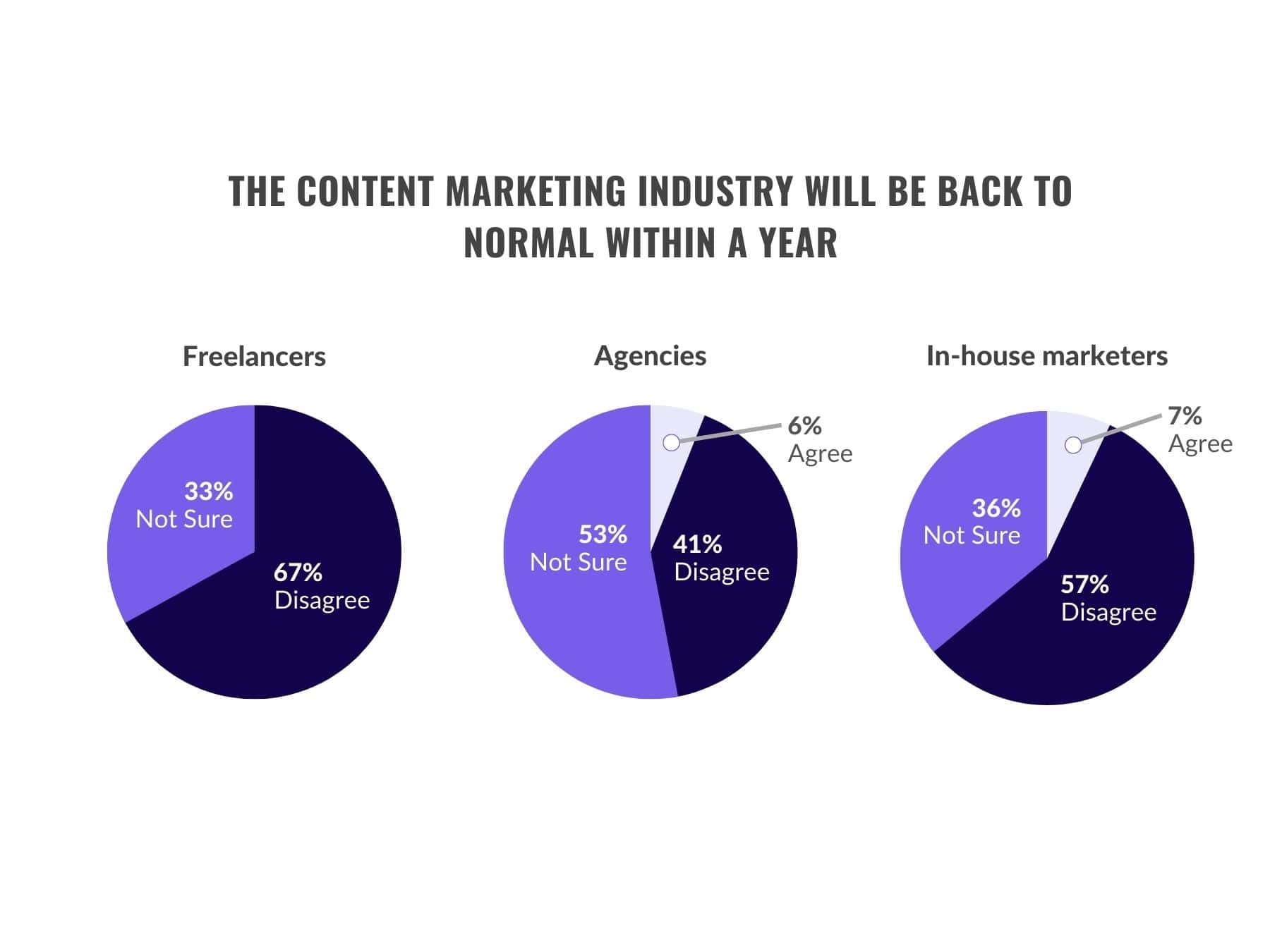
Freelancers are the most certain there will be no return to our regularly scheduled programming within the next year.
That doesn’t mean all the old strategies should be abandoned, however.
100% of respondents from agencies think that SEO will remain important in the near term.
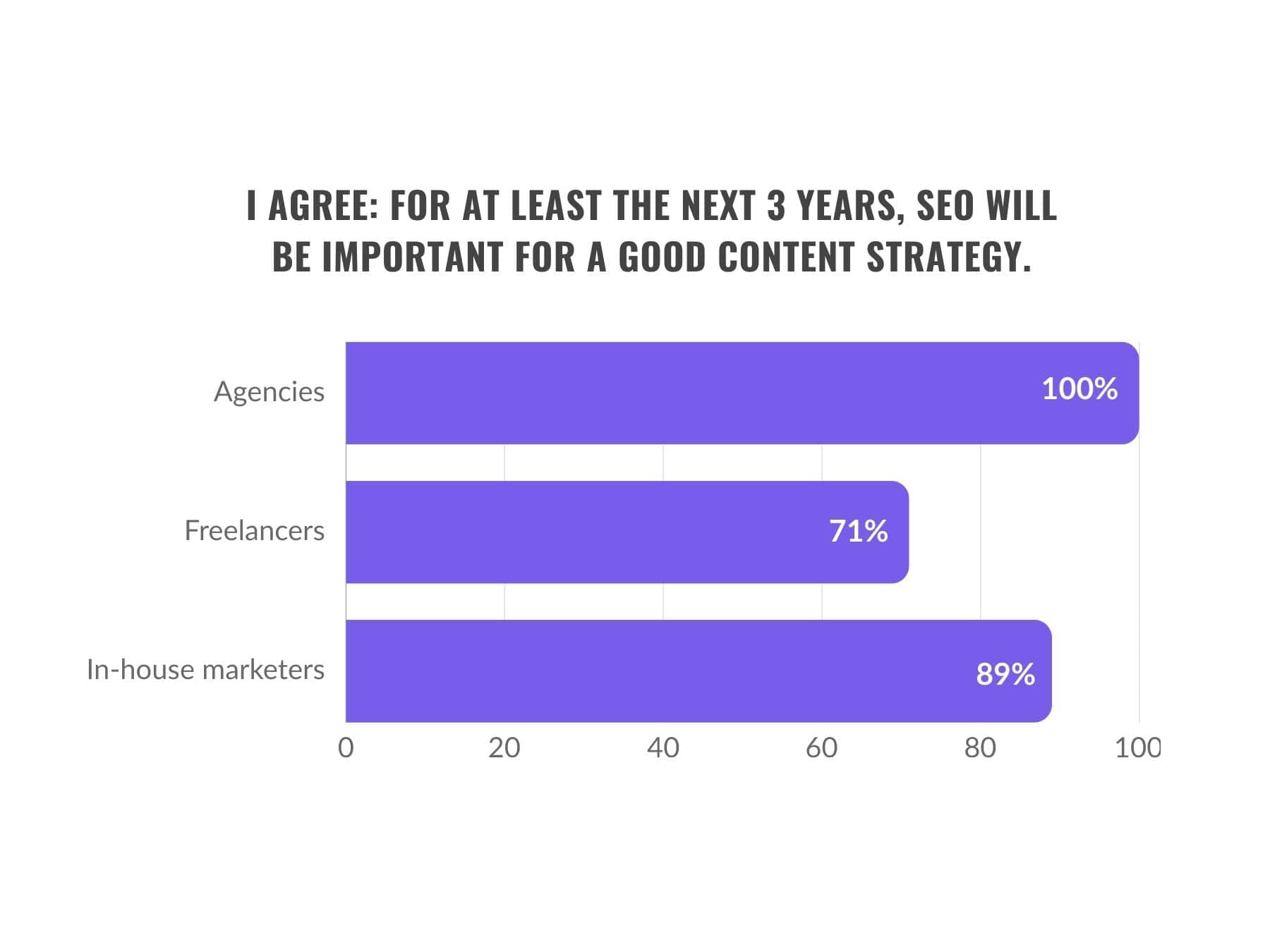
Regardless of how much the economy and AI have changed things, marketers still believe search will play a significant role in their content in the near-term.
Now, let’s dig deeper into how that content for search gets made:
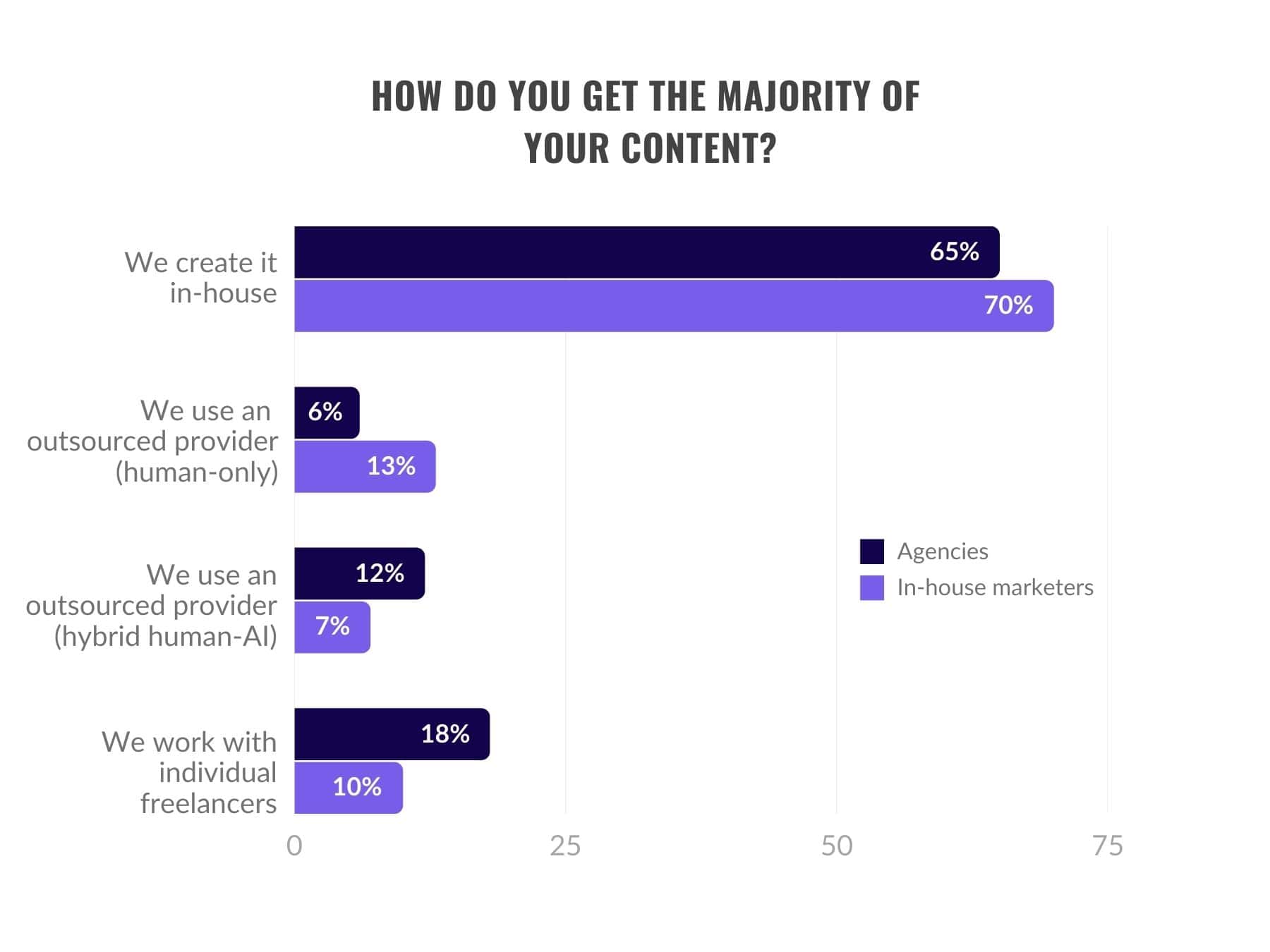
Most agencies and in-house marketers are creating the majority of their content in-house.
That number has dropped a few percentage points, though, from 73 percent in 2022 to 69 percent in 2023.
When it comes to the content they are outsourcing, though, agencies and in-house teams have very different priorities:
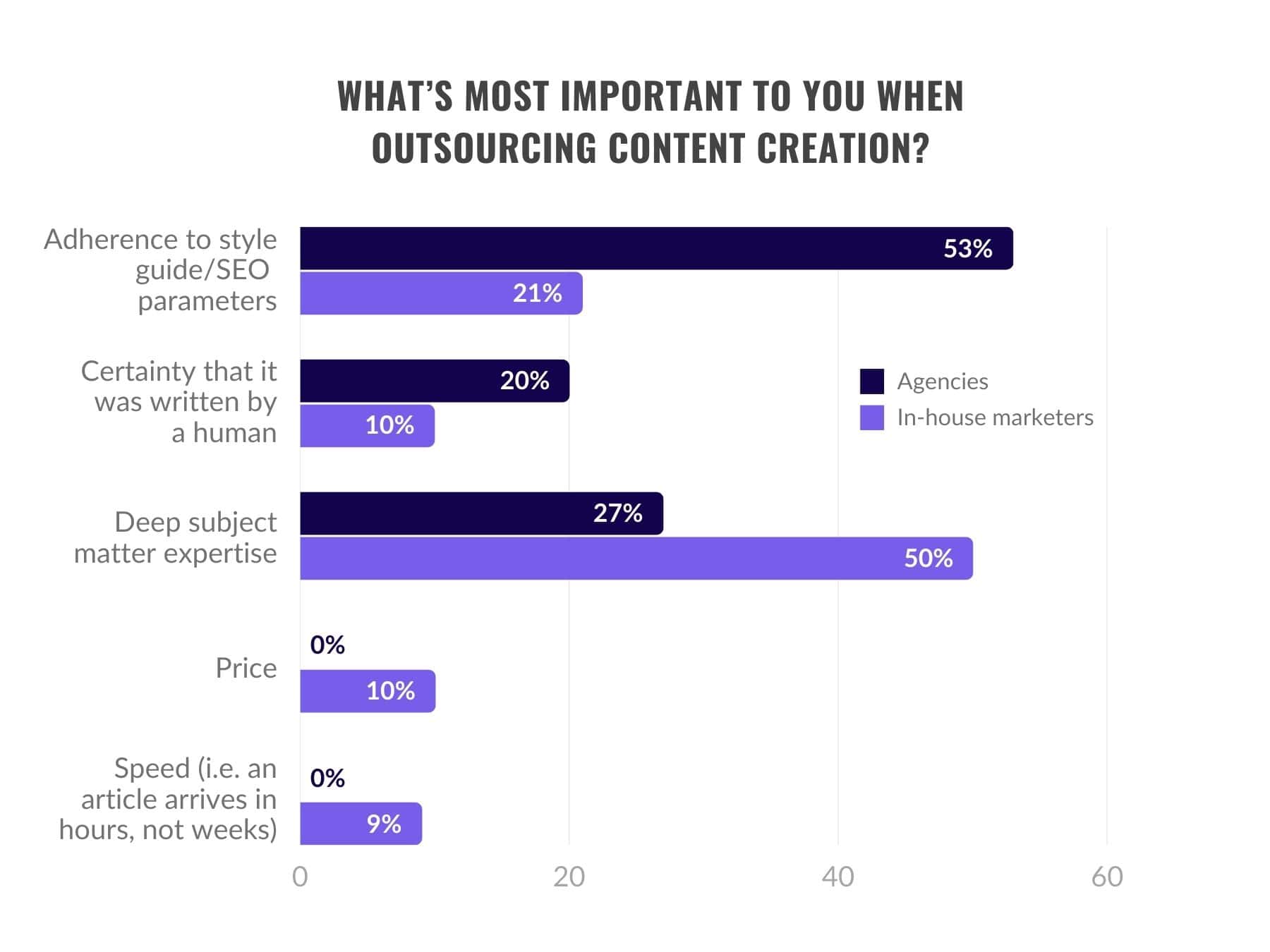
For agencies, style guide and SEO adherence are by far the most important factor when outsourcing. For in-house marketers, though, it’s deep subject matter expertise.
It’s also worth noting that agencies are twice as likely as in-house marketers to care about their content being written a human.
Which brings us to our next topic...
Artificial Intelligence
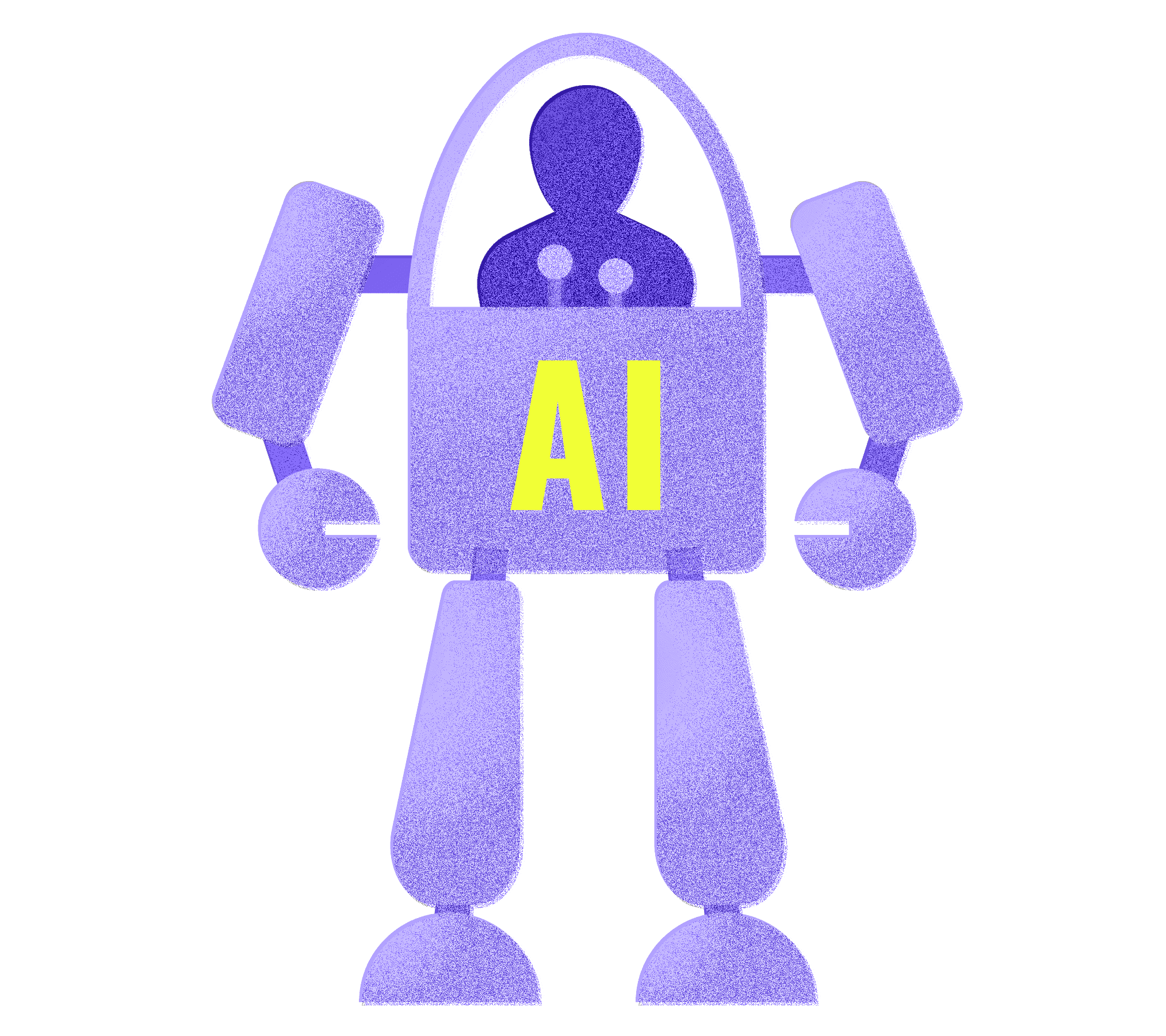
Who's using AI and how
Over half of in-house marketers (52.5%) say they're under pressure from their boss to use AI to produce content faster and cheaper.
When it comes to AI usage and their confidence around the technology, agencies are leading the pack.
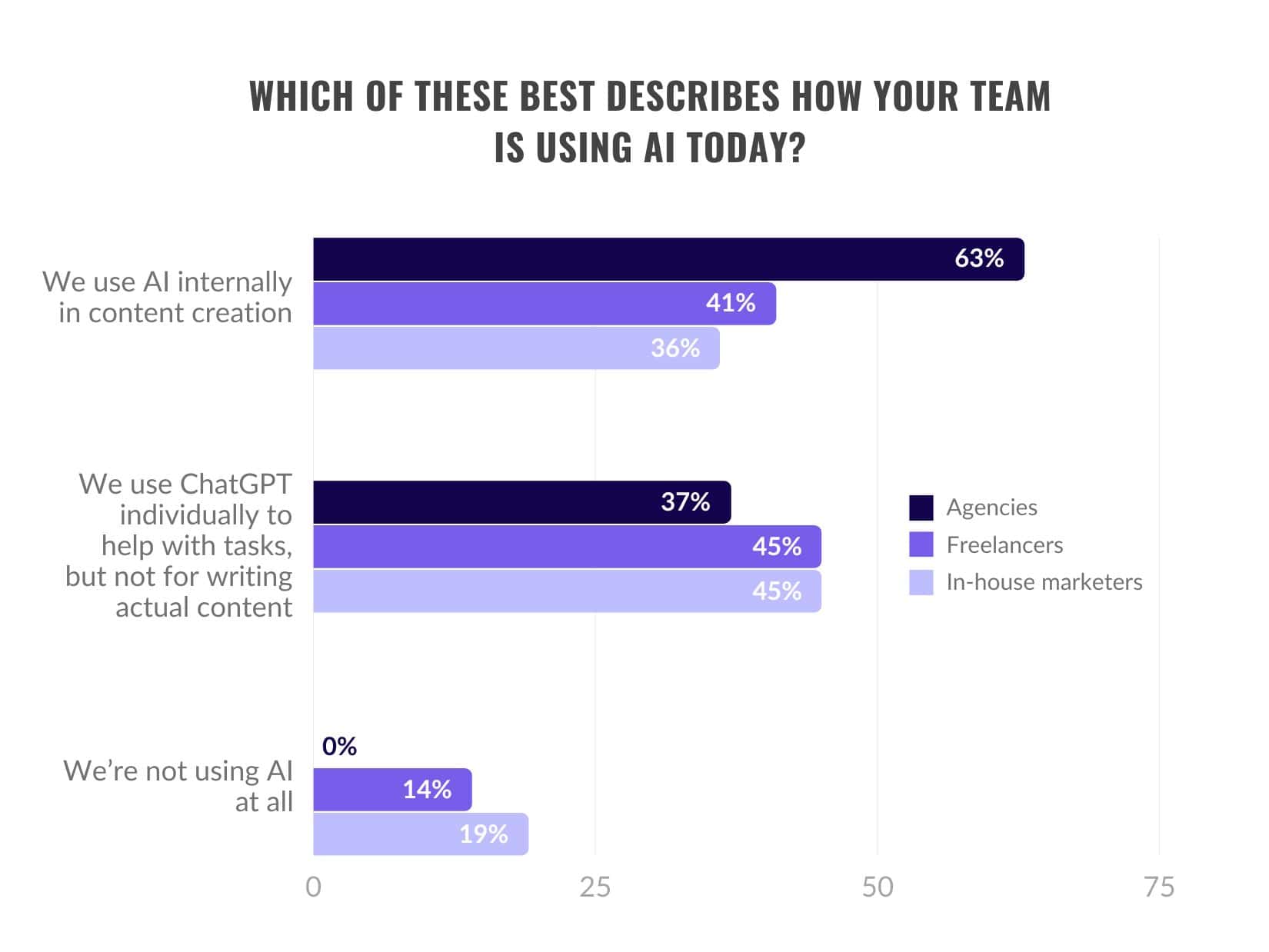
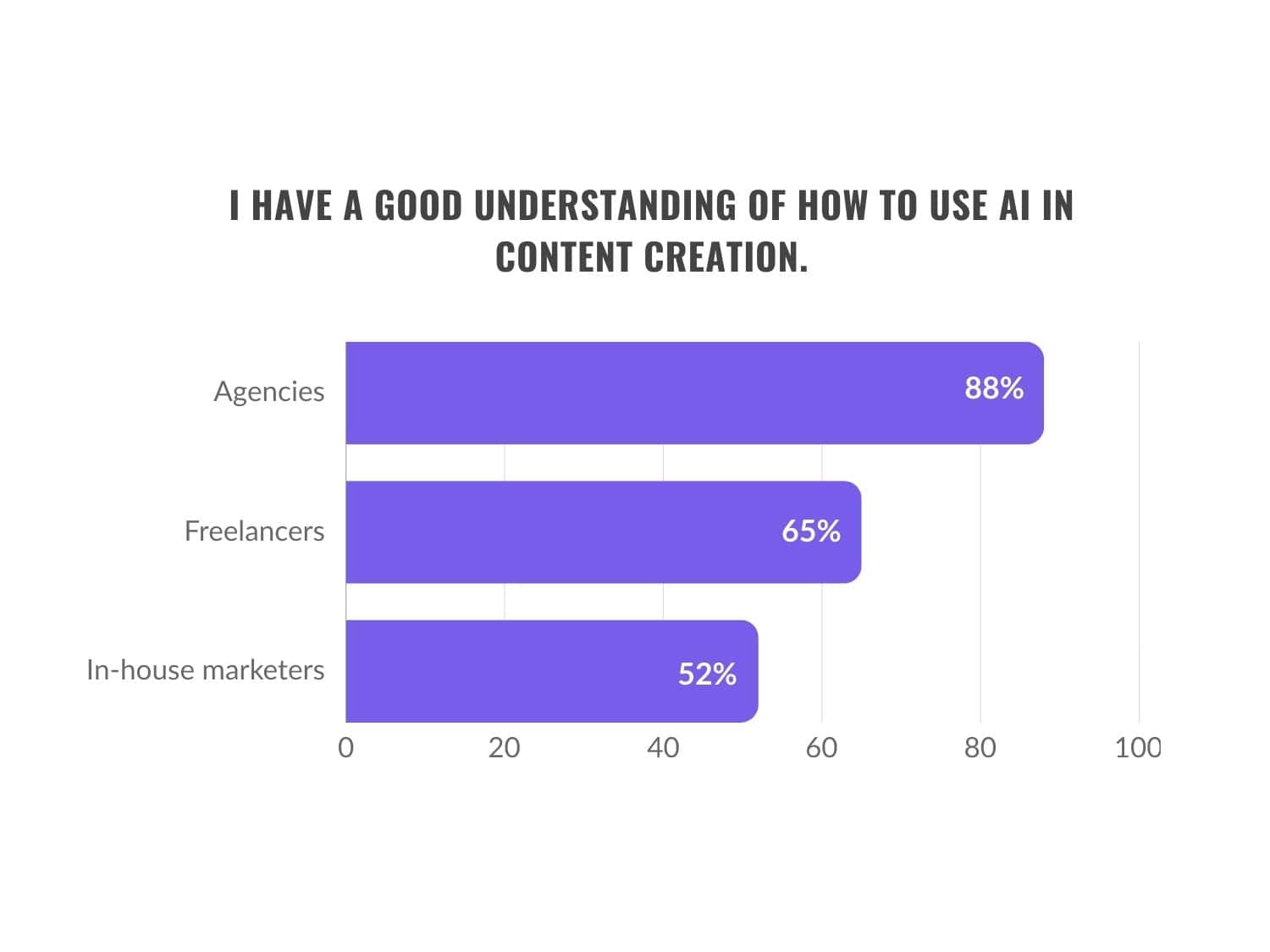
An important part of understanding how to use AI in content creation, though, means knowing its weaknesses.
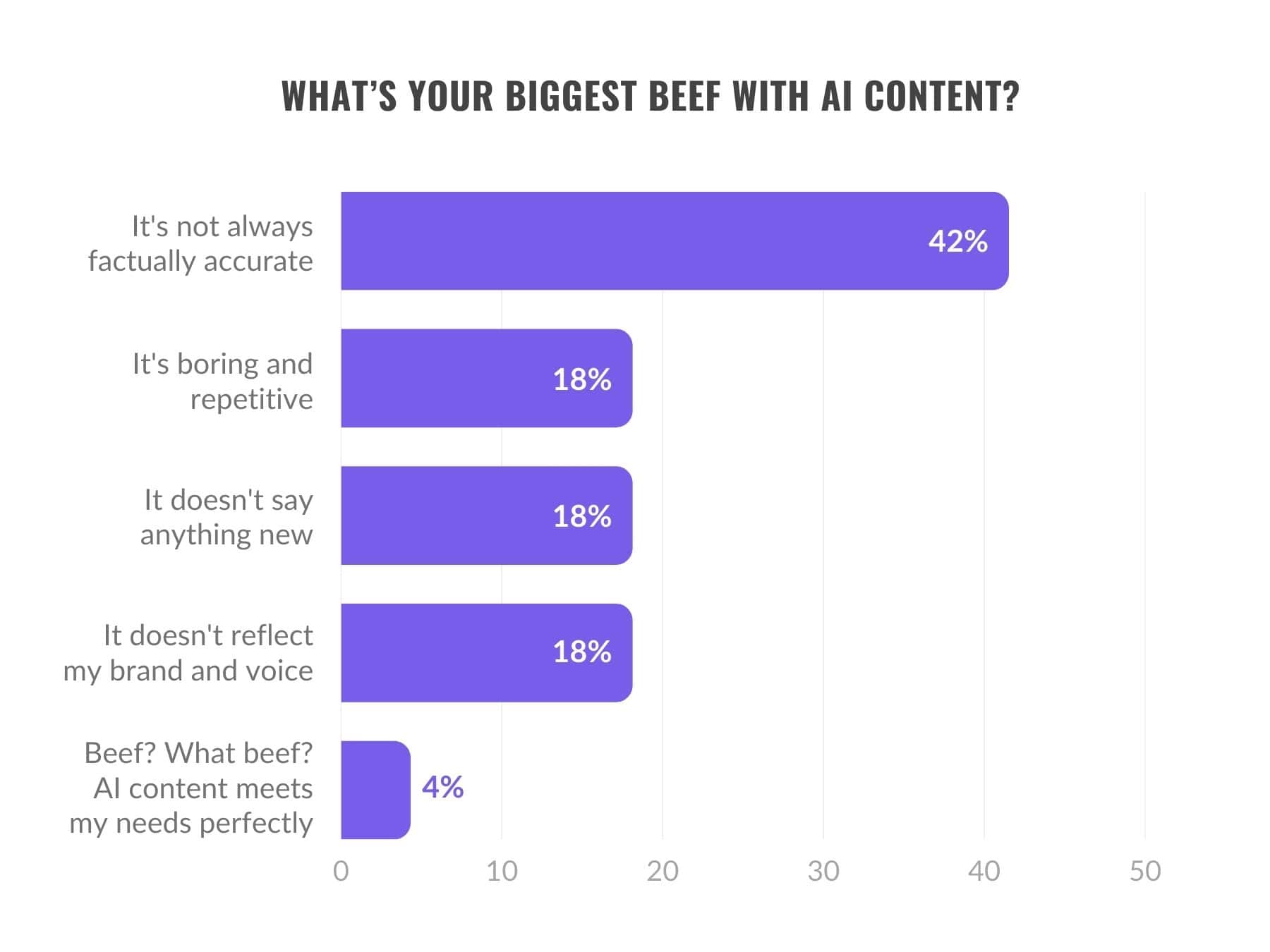
Across all segments,
The biggest problem marketers have with AI content is that it isn’t always factually accurate.
After that, responses are split:
- In-house marketers are most likely to care about AI content not reflecting their brand voice, while agencies care more about the content being boring and repetitive.
- Unsurprisingly, given the debate around AI models being trained on copyrighted work, freelance writers are the most likely to care about originality: one in five say their biggest gripe with AI content is that it doesn’t say anything new.
Year over year trends
2022 vs. 2023
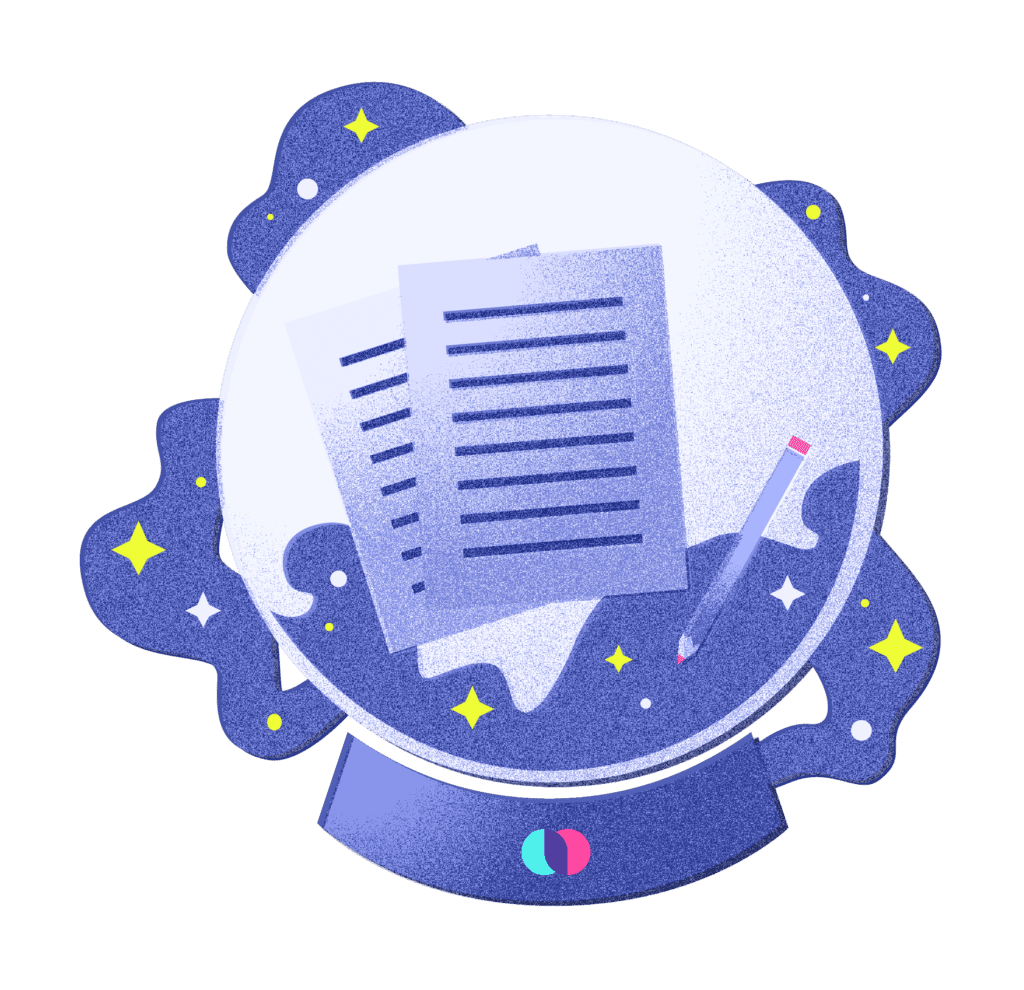
Hi from the struggle bus
Digital marketers are under pressure, and it has only increased over the last year. Compared to 2022, the theme of 2023 is figuring out how to do more with less.
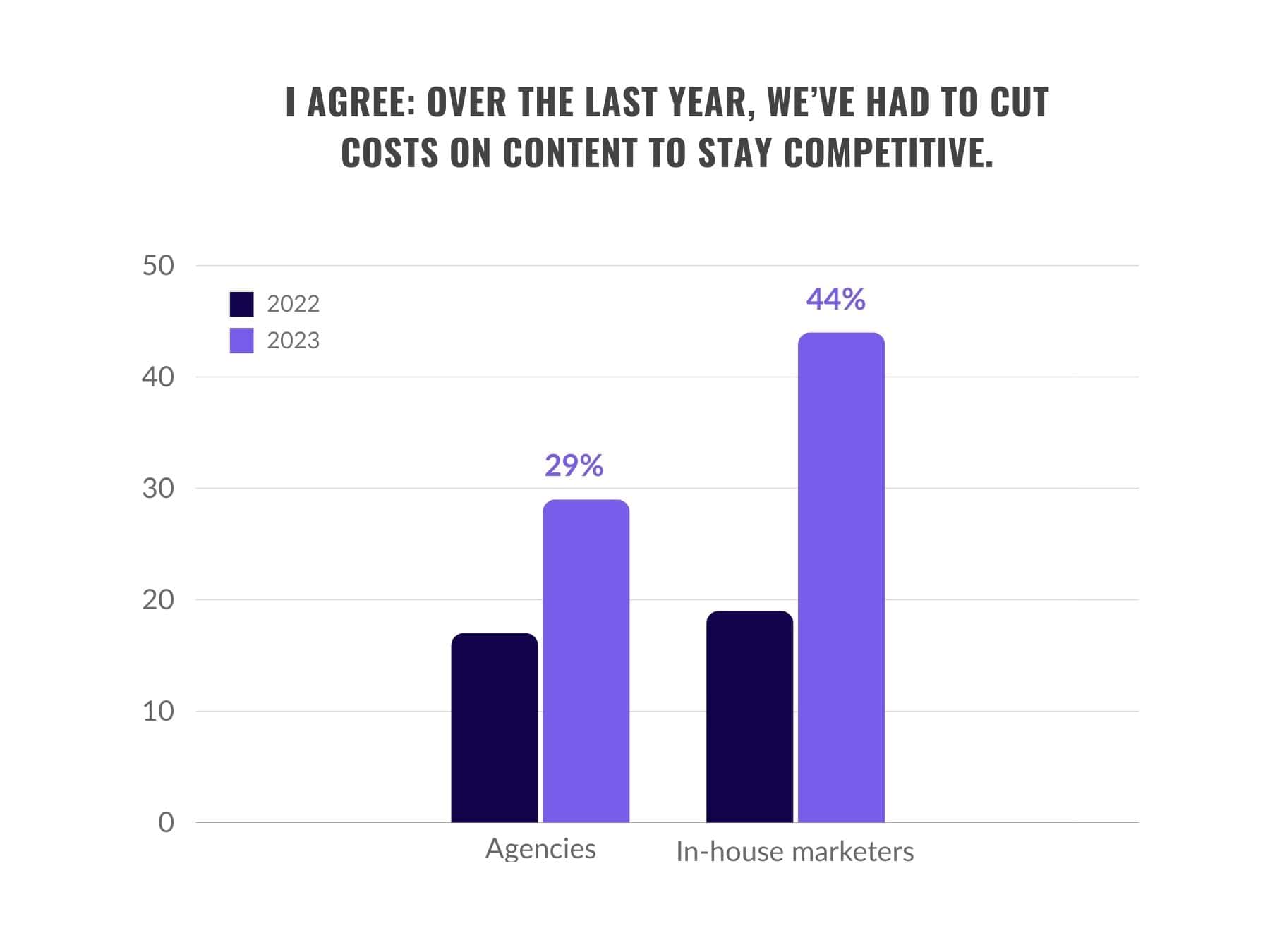
In-house marketers, in particular saw a dramatic increase with more than twice as many saying they’ve had to cut costs in 2023 versus 2022.
Even as they’re cutting costs, though, the content they’re creating has to be better than ever.
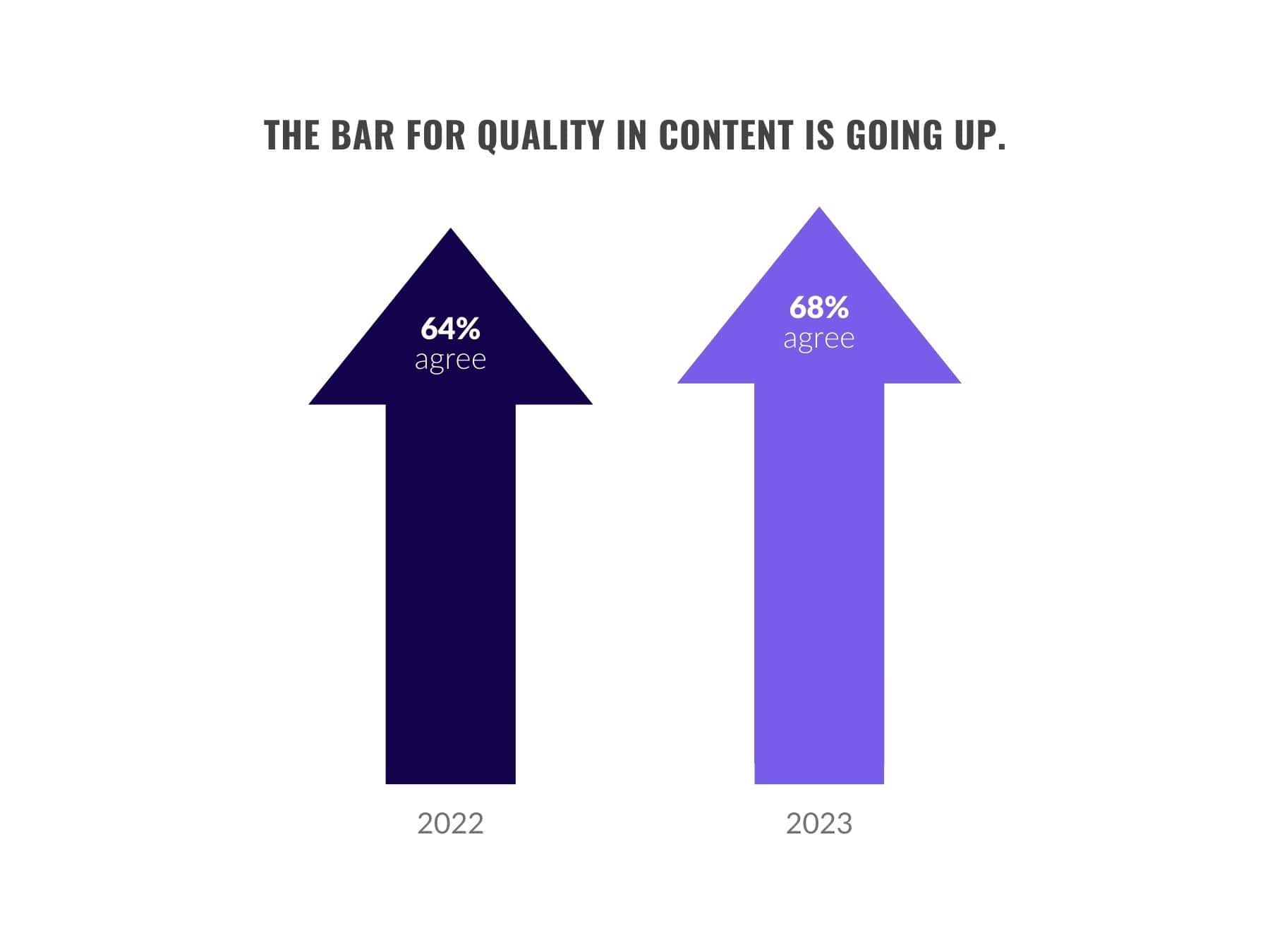
Across all segments, marketers were slightly more likely to agree that it’s getting harder to create successful content than last year.
And while the majority of marketers still say that demand for content has increased over the last year, that percentage has dropped slightly, from 86 percent in 2022 to 78 percent in 2023.
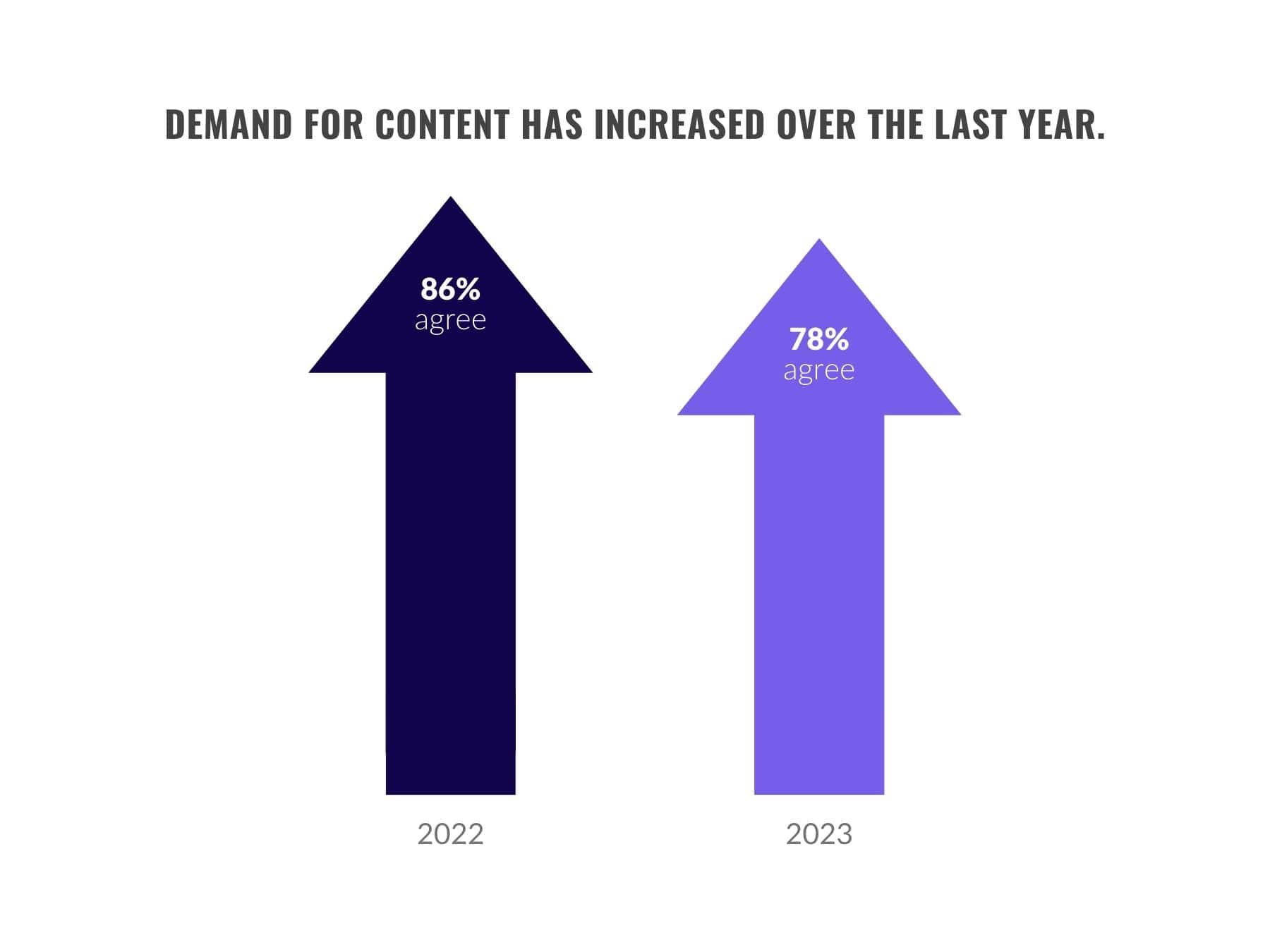
When it comes to the kinds of content they’re publishing, though, the tried and true blog post is still the most effective by a wide—and increasing—margin.
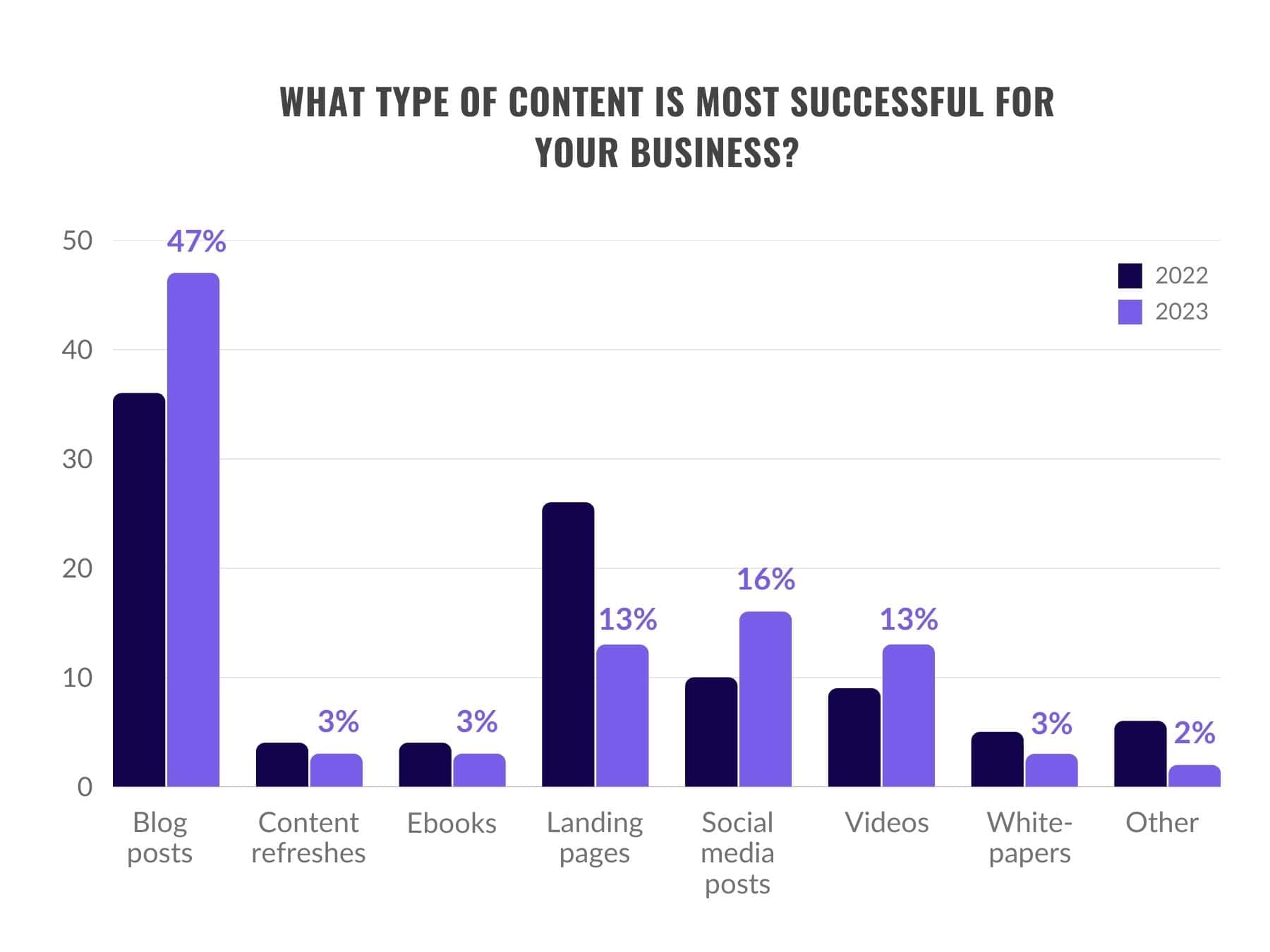
What’s the biggest change in content marketing over the last two years?
A lot of responses focused on the impact of technology and AI:
“The industry is a lot more fast paced than 2 years ago, mainly due to AI. Demand for content has spiked with people's expectations that AI can now pump out content in a couple of minutes.”
“Content at scale is a lot easier but this just means standing out is harder”
“You have to be more of a builder—tools and processes to help scale are just as important now as quality of writing/editing.”
“In our industry, fluff is out. Content needs to be professional, current, and reflect expertise or it doesn't matter.”
“New expectations with AI, from generating content to how it will impact search. Also, layoffs, budget cuts, general downward trends in the content world. Two years ago was probably the best time to get into content marketing in my career. Now, one of the worst times.”
“Stakeholders believe the job has gotten easier thanks to AI, or even that the job can be done 100% by AI, whereas two years ago there was a general acceptance that content production was resource-heavy and time-consuming.”
But there were a few original takes, too:
“SEO is no longer the #1 lever for content marketers!”
“Influencers are the kings & queens of content”
“The emotional state of buyers is different after covid”

We build content creation solutions for the new reality.
Conclusion
Thanks to everyone who completed this year's survey and shared their thoughts about the state of the state.
What will 2024 have in store? Come back next year to find out more.
Or see our results from 2022.
Want to hear smart people talk about AI strategy for content?
Check out our podcast - Yes, and marketing
